Five things to watch for at Thursday’s Jan. 6 hearing
The House panel investigating last year’s attack on the U.S. Capitol will hold its ninth hearing Thursday, the latest in a series of open forums aimed to demonstrate that former President Trump sought to remain in power illicitly following his 2020 election defeat.
In a break from the past, this week’s hearing is not expected to present any live witnesses. Instead, it will feature fresh evidence and testimony the committee has received in the long gap since its last public meeting, including new records from the Secret Service revealing that Trump was warned of the potential for violence at the Capitol before it erupted.
Here are five things to watch as the hearing unfolds.
What did Trump know — and when?
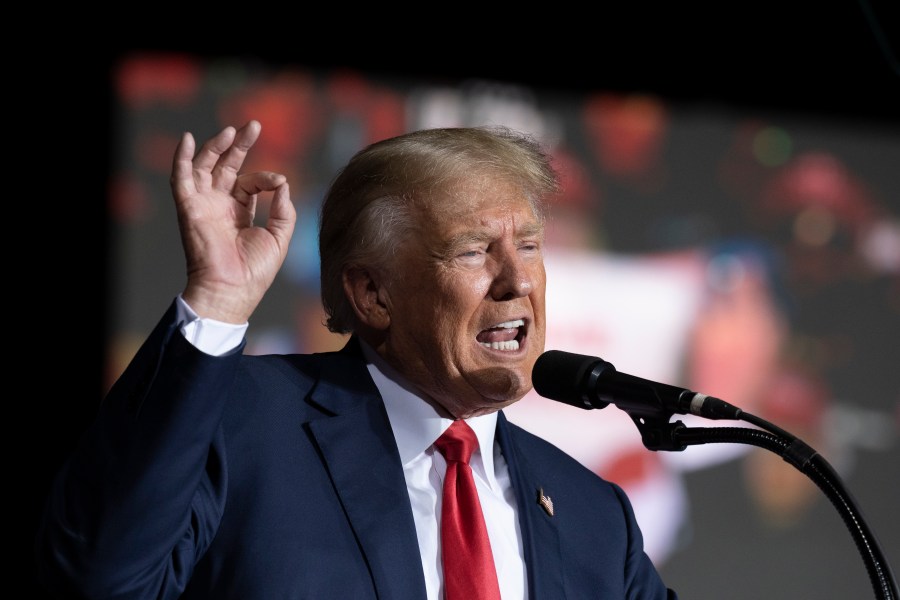
Trump has decried the Jan. 6 committee on multiple occasions, calling the investigation against him a “witch hunt.”
Through the course of the long investigation, Trump has repeatedly claimed he was unaware of the extent of the violence unfolding at the Capitol until hours after it had begun, when he finally released a video from the White House asking the rioters to go home.
That argument has been disputed by numerous members of his administration, who told investigators that Trump was watching the rampage unfold on television and refused to intervene. Cassidy Hutchinson, a former West Wing aide, had testified previously that Trump knew some of his supporters were armed on Jan. 6, but he urged them to march on the Capitol anyway.
The committee will attempt to build on that narrative on Thursday, when it says it will delve into Trump’s thinking on Jan. 6.
As part of that effort, the committee is expected to air new records from the Secret Service revealing that Trump was aware of the heightened potential for violence but continued to rile his supporters with false claims of a “stolen” election.
The Secret Service, which had had a front-row seat to both the then-president’s actions and the general security threat that day, has been a crucial part of the investigation. But the agency was embroiled in controversy after revelations that many of the text messages sent between front-line agents in the days surrounding Jan. 6 had been deleted.
Since the last hearing, the Secret Service has provided the committee with a massive trove of documents related to the attack — records that are expected to be featured on Thursday.
“We’ve had a huge amount of documents from the Secret Service that we’re going through,” Rep. Zoe Lofgren (D-Calif.), a member of the committee, told CNN on Friday. “And we’ve found some new things that we’ll be able to present.”
A question of momentum
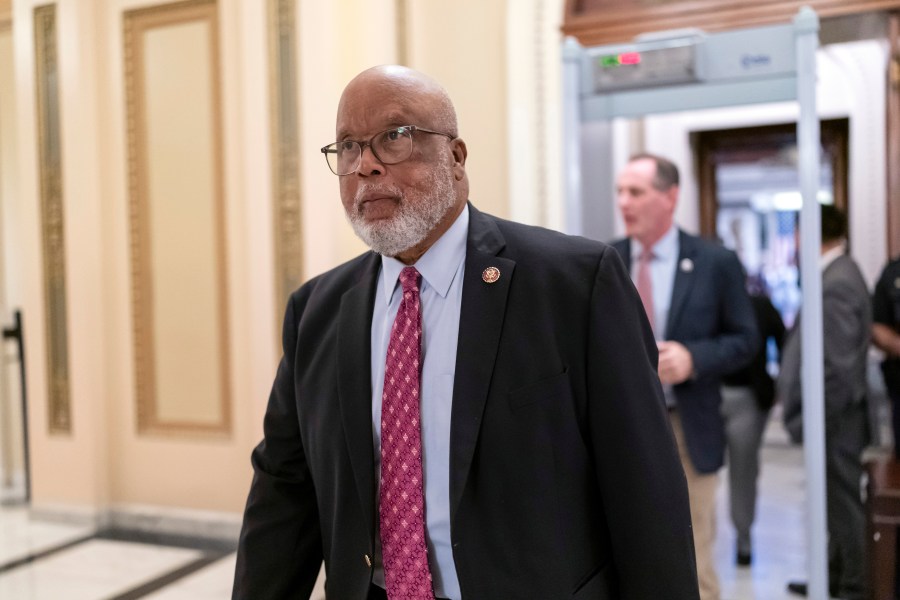
The panel is running out of time to make its case as midterm elections loom.
Thursday’s forum marks the first time the nine-member Jan. 6 committee will air its findings in public since July — a nearly three-month pause that’s raised questions about whether it has lost momentum.
Since Congress left Washington for the long August recess, the public’s attention has shifted to a number of other issues, raising pressure on the panel to pick up the narrative thread it left behind in July.
Before the hiatus, investigators had laid out a case that Trump had been told by top officials in his own administration that the election was fairly lost, but had ignored their counsel to amplify false claims of rampant fraud while encouraging thousands of his supporters to march on the Capitol. He then sat silently for hours while a violent mob tried to block Congress from formalizing Joe Biden’s victory.
Lofgren is promising that the panel on Thursday will deliver the goods.
“We hope that this will … help fill in some of the gaps for the public,” she said.
The closing argument challenge
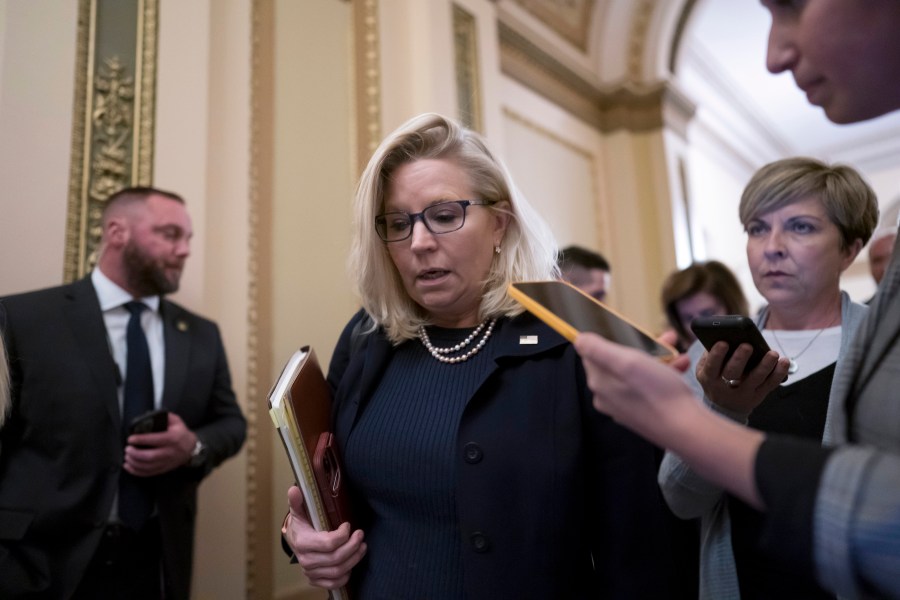
Over the course of the investigation, Cheney has said evidence has shown Trump is at fault for the Capitol riot.
Much of the challenge facing the committee relates to the sheer volume of information it has collected over the course of its marathon probe.
Since its inception 16 months ago, the panel has received millions of documents and heard testimony from more than 1,000 witnesses, creating enormous hurdles as investigators race to crunch the massive trove of data and condense it into an accessible narrative.
The task has been complicated by the fact that the committee has continued to receive new information even as it’s trying to wind down the investigation and produce a final report.
Just last month, investigators secured the long-sought testimony of Virginia Thomas, a conservative “Stop the Steal” activist and the wife of Supreme Court Justice Clarence Thomas. More recently, the Secret Service showered the panel with more than a million new records — a document dump far beyond what the committee had requested.
Lofgren said that a task of that magnitude won’t be completed until the final report emerges, likely in December.
“I think all the loose ends will finally be tied up in the report,” she said.
Can the committee close the gaps?
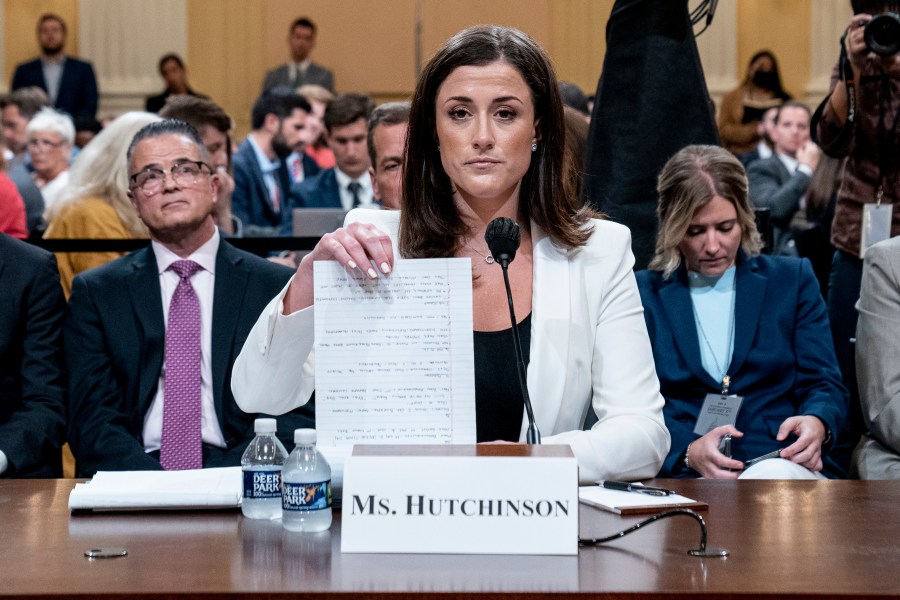
Hutchinson’s testimony was a bombshell against Trump over the summer, with Trump rigorously denying the allegations she lobbed at him.
The hearing serves as an opportunity to further explore threads teased this summer, including explosive allegations relayed by Hutchinson, the former White House aide.
Hutchinson’s account — that Trump lunged at his security detail after being told he could not join his supporters at the Capitol — was recounted to her in the presence of Trump’s lead security officer that day.
The two men involved in the story — Tony Ornato, a former Secret Service agent who took an unprecedented civilian role in the White House, and Bobby Engel — have denied the account through anonymous sources but failed to deliver promised testimony to rebut her.
Since Hutchinson’s testimony, the Secret Service under a subpoena sent the panel more than a million electronic communications.
The hearing also gives the panel a chance to go deeper on a July hearing that was designed to explore the role extremist groups played in the attack.
Many suspected the hearing would be an opportunity for the panel to reveal any damning evidence tying Trump to the extremist groups that stormed the Capitol. But the July hearing left that unexplored, instead using much of its time to review clips of a newly scored interview with former White House counsel Pat Cipollone.
Rep. Jamie Raskin (D-Md.), who walked through the evidence in that hearing, has said he is hopeful Thursday will address what he called loose ends.
“Different members have been focused on different loose ends that might need to be wrapped up and out. So, again, speaking just for myself, I would hope that the hearing would allow us to make some overall synthetic judgments about what took place and why and the culpability of different key actors,” Raskin told reporters in September.
The committee will turn to its report
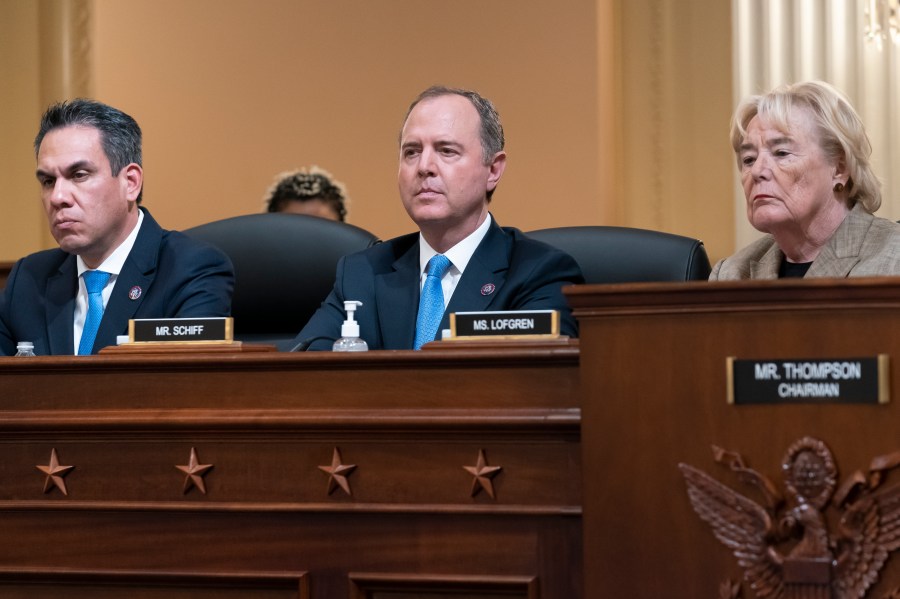
The committee has limited time to complete its report as it must be done before the midterm elections.
The committee hasn’t confirmed whether Thursday’s hearing will be its last, but its deadline to complete its work is not a moving target — the panel must issue its final report before it sunsets at the end of the current Congress.
The dwindling time frame creates a daunting task for the panel not only to lay out its recommendations for legislative remedies that could prevent a future insurrection, but also to push for their passage.
So far, two of the panel’s members have introduced a bill to reform the Electoral College Act. The bill, already passed by the House, affirms that the vice president’s role in certifying the election results is purely ministerial and ups the number of lawmakers required to object to a state’s results, among other changes. The Senate has passed a separate bill, meaning the differences would need ironing out if the reforms are to become law.
But there are numerous other areas the panel could explore, including changes to the criminal code, perhaps increasing some penalties, or changes to the 25th Amendment, which allows Cabinet members to remove a president.
Committee Chairman Bennie Thompson (D-Miss.) has said the panel will not be formally introducing legislation and will only produce recommendations.
But many Democrats have said they must forge ahead and try to pass Jan. 6-related legislation this year, particularly since House Republicans, who are expected to take control of the House next year, have defended Trump by downplaying the Capitol attack.
“We have two months. What? Is there anything more important than making sure we defend our democracy?” said Rep. David Cicilline (D-R.I.). “We have no option, in my view, other than to act swiftly as soon as those recommendations are reported. We have to get this done before we adjourn.”
Copyright 2023 Nexstar Media Inc. All rights reserved. This material may not be published, broadcast, rewritten, or redistributed. Regular the hill posts








